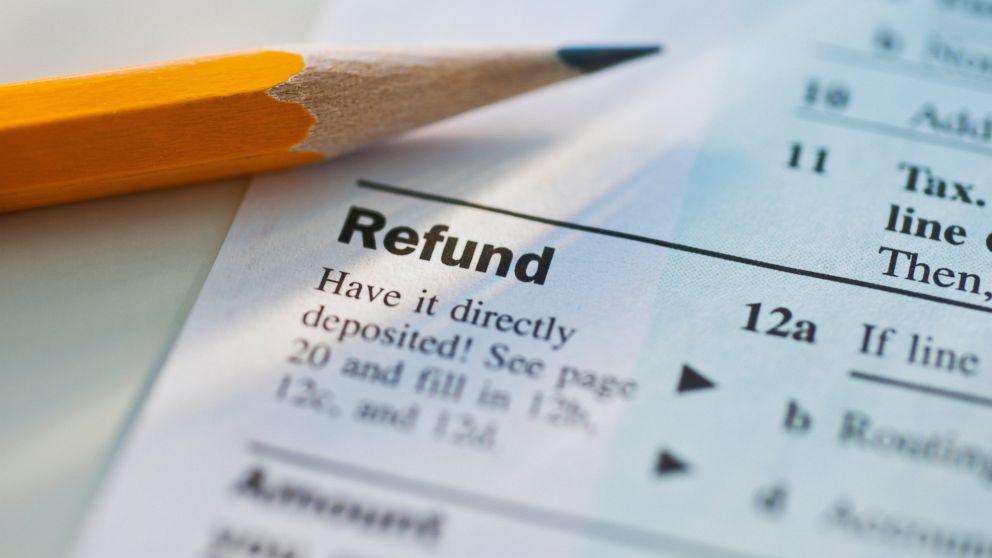5 Ways to Save Money on Your Taxes
Do you know these five ways to save on your taxes?

— -- Tax day is coming up, fast and furious. Do you know everything you need to know to potentially save money on your taxes? Here’s a quiz I came up with:
1. TRUE OR FALSE: If you itemize, for every hundred dollars in tax deductions you can claim, you will save the dollar amount of your tax bracket.
TRUE! Say you’re in the 25 percent tax bracket. For every hundred dollars' worth of deductions you can claim, you will save $25 on your taxes! I learned this from a small-town accountant years ago and it’s such a concrete way of looking at it that it’s great motivation to pull those receipts together and try to reduce your taxes as much as you can.
2. TRUE OR FALSE: Somebody over 50 who has the exact same income, expenses — and everything else — as somebody under 50 could legally pay less in taxes.
TRUE! Many of us can reduce the amount of income we are taxed on by contributing to an IRA or 401k retirement plan. But people over 50 can make what are called “Catch up contributions.” For 2015, the government will allow them to sock away up to $3,000 EXTRA in an IRA and up to $6,000 extra in a 401k — on TOP of the usual contributions younger people are allowed to make. The deadline is April 15th, 2015, same day as your taxes.
3. TRUE OR FALSE: Tax deductions are better than tax credits.
FALSE! Tax credits reduce your actual tax bill dollar for dollar, whereas tax deductions just reduce your taxable income. Congress seems to be adding new tax credits all the time, so be sure to check whether there are any that apply to you. Examples:
•Hybrid car•Energy efficiency improvements to your house, like insulation or an Energy Star furnace.•Child and child care tax credits.•Education tax credits.
4. TRUE OR FALSE: You might want to separate from your spouse at tax time.
TRUE! No, I’m not saying you should get a divorce to dodge taxes! But some people CAN lower their taxes by choosing the “married filing separately” option instead of filing jointly. Filing separately gives each spouse a lower adjusted gross income, which can allow you to more easily meet thresholds that give you tax breaks for things like medical expenses, job search costs and business expenses. If you or your accountant uses a computer program to do your taxes, it’s pretty easy to calculate them both ways and see which will save you the most.
5. TRUE OR FALSE: If you file for an extension, you can wait to pay your taxes until Oct. 15.
FALSE! This is a myth — and a dangerous one. When you file for an extension, you STILL have to pay your estimated tax bill by April 15. You just get to put off the paperwork for six months. And a footnote: if you can’t afford to pay, you should STILL file your taxes (or file for an extension) by April 15. That’s because if you file but don’t pay, your penalty is only half a percent. But if you don’t file OR pay, your penalty is 5 percent!
Elisabeth Leamy is a 20-year consumer advocate for programs such as "Good Morning America" and "The Dr. Oz Show." She is the author of Save BIG and The Savvy Consumer. Elisabeth is also a professional speaker, delivering talks nationwide on saving money, media relations, and career success. Elisabeth receives her best story tips from readers, so please share your ideas with her via Facebook, Twitter or her website.
Any opinions expressed in this column are solely those of the author.




